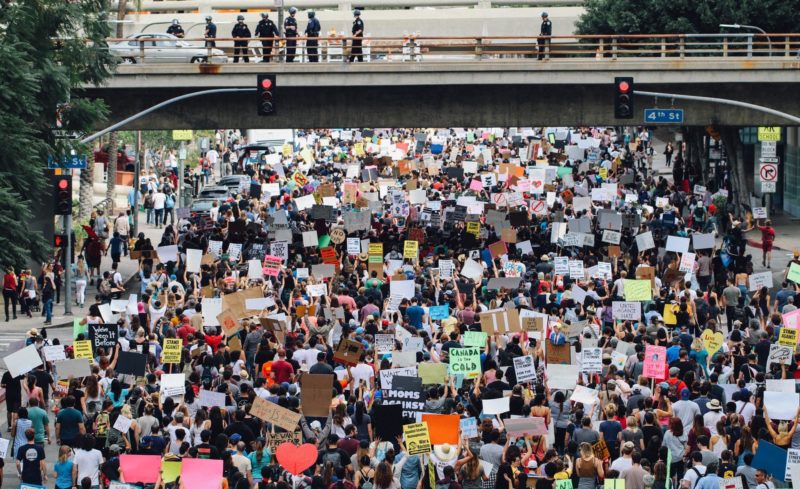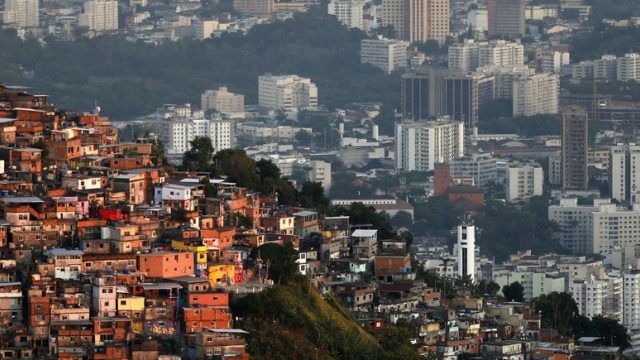Press release: The Covid recovery offers the chance to build a new global social contract
Oliver Greenfield joins global leaders to outline the key steps for building more resilient economic systems from Covid-19

Today, Oliver Greenfield, Convenor of the Green Economy Coalition, joined global leaders including Angel Gurria - Secretary General of the OECD; Ban Ki Moon - former United Nations Secretary General; Paolo Gentiloni - European Commissioner for the Economy, and H.E Mohammed Abubaka -- Minister for the Environment, Nigeria; to tackle the question of how to ensure a resilient and green recovery from Covid-19.
In his statement at Nature4Life, held alongside the UN General Assembly, Oliver Greenfield urged decision makers to ensure that citizens have a place at the table when it comes to the recovery - only then can economies that are fit for the 21st century be born. “A global green deal needs a new and global social contract. That is how we can go to scale. But let us be clear – for a social contract to come into life – it cannot be driven by politicians, business or even the UN. It must be led by the people and civil society networks."
Firstly, as Covid-19 continues to ricochet around the world, devastating communities and destroying lives, here at the Green Economy Coalition we see that the pandemic is not an isolated incident. Rather it is the symptom of a deeper set of interconnected crises - of growing inequality, of rising temperatures, of nature disappearing. Only by recognising these interdependencies can we build a stronger, more resilient economic system.
Fortunately, our Green Economy Tracker shows that some governments are taking leadership, and starting to account for nature in their national economic plans, starting to ensure that financial systems are more alert to biodiversity, and are driving new green job opportunities. The European Green Deal is a progressive and inspiring policy package that shows that integrated policy making is indeed possible.
Secondly, however, as inspiring as these policy interventions are, historically we have seen graveyards of well-intended policies that fail to take hold or drive change. Bureaucracies, technology, and policy alone are not enough; societies must demand the change, and therefore they must be at the forefront of recovery efforts. That means structured participatory processes that give people a seat at the decision making table, giving them a stake in the decisions, in the implementation and ultimately the outcome. Inclusion is not a ‘nice to have’ it is the vehicle of a speedy and resilient recovery.
Finally, ‘inclusion’ is not a tick box exercise. Our work in countries as diverse as South Africa, Peru and the Caribbean, prove that that multi-stakeholder dialogue works. Evidence in our new report, Inclusion Matters, proves that dialogue and consultation generates stronger policy. We call on all governments to set up recovery citizen’s assemblies and national dialogue forums that can build new, inclusive green economies from the ashes of this global pandemic.
Watch full session: "Green Recovery and Green New Deals - Greening Covid recovery plans and stimulus packages, and advancing inclusive Green New Deals" here.
For press enquiries or for more information, please contact Emily Benson.


